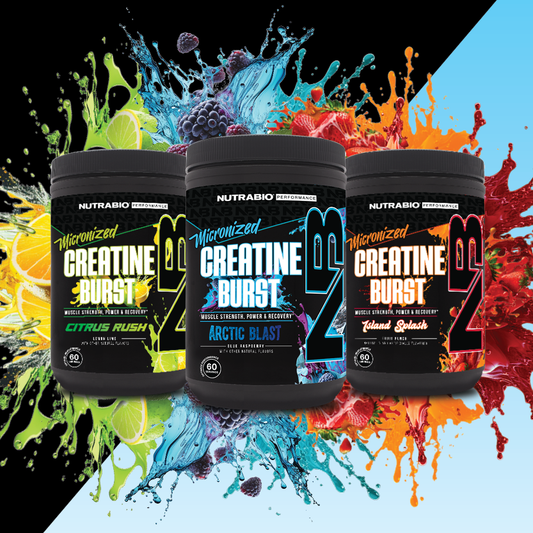
As athletes, sometimes we need to travel to our events, or from event to event. If we’re lucky, we can fly out a few days early, get settled, do some light training, and rest up before the competition. We aren’t always so fortunate, however. Whether by accident or by choice, each and every one of us has missed out on a few hours of sleep on at least several occasions, and we just don’t feel 100% the next day – we know our performance is going to suffer a bit. What can we do?
Well, if we do have a situation during which we get to choose whether to lose sleep by staying up late the day before competition or waking up early the day of competition, research has an answer.
Evening vs. Morning Sleep Deprivation

A 2013 study took a look at the pattern of sleep restriction and its effects on performance in brown and black belt Judoka (judo athletes). The combat athletes were first examined on a normal night to establish baseline measurements. One week later they either stayed up late and slept 3 hours or slept 3 hours and work up early. One week after that, they completed the opposite sleep deprivation pattern. Following each night, they completed a series of exercise performance tests once in the morning and once in the afternoon.
Athletes baseline (full nights sleep) measurements indicated a natural diurnal variation in performance, which means that they performed better on the exercise performance tests when they were conducted in the afternoon than in the morning. No matter what pattern of sleep loss athletes experienced, they did not display the same diurnal variation. However, their morning performance was equal on all 3 testing occasions. Therefore, we know it was primarily their afternoon performance that was negatively impacted by sleep patterns.
Those who woke up early experienced decreased handgrip and elbow flexion strength, decreased peak and average power output during a cycle ergometry test, and increased perceived exertion during exercise during the afternoon tests. Those who stayed up late experienced a similar pattern of performance, yet not to the same magnitude as those who woke up early. As a result, the researchers did not observe a statistically significant reduction in performance for the night owls, but they were mildly negatively impacted by the loss of sleep.
As far as the WHY question goes, the observed results may be due to the following reasons. I am definitely more of a night owl than an early bird. Maybe some of you can relate. The athletes in the study may have had better performance in the afternoon because they were allowed to “fully wake up.” In other words, the difference between being “up” and being “awake.” More scientific explanations include having a greater core body temperature in the afternoon, better afternoon aerobic metabolic function, improved muscle contractile and nerve impulse patterns, and variable melatonin and serotonin concentrations.
Is It Better to Stay Up Late or Wake Up Early?

It’s best not to miss out on sleep in the first place, but given the choice, stay up late and wake up at your normal time. Your performance will benefit you later – literally. However, if you swear you’re a morning person, you may experience opposite effects. A self-described “early bird” may rather go to sleep on time and wake up early as well as have better performance in the morning than in the afternoon.
Keep in mind that research can only answer a limited number of questions at any one time, and there are exceptions to most every rule. (Warning: shameless self-promotion ahead) Whether an early bird or night owl, PerformElite can get you up-and-going in no time! Really, caffeine reverses up to 70% of the negative effects of sleep deprivation!
Reference
Souissi, N., Chtourou, H., Aloui, A., Hammouda, O., Dogui, M., Chaouachi, A., & Chamari, K. (2013). Effects of time-of-day and partial sleep deprivation on short-term maximal performances of judo competitors. The Journal of Strength & Conditioning Research, 27(9), 2473-2480.


